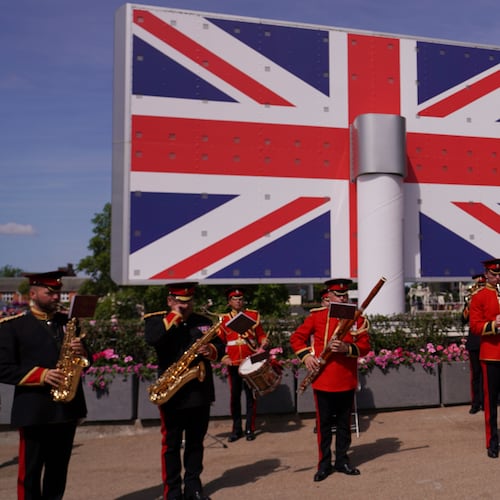He was a major revenue source for the local government, and he’s not alone.
When Philando Castile was pulled over for the traffic stop which would end his life, it would have started off as a familiar experience. That’s because he’d been stopped by Twin Cities police at least 52 times in recent years, questioned and ticketed for a litany of minor traffic offenses of the sort we’ve all committed.
The fines piled up to a whopping $6,588 — and that’s after more than half of his 86 alleged violations were dismissed in court. (Also, he had no other criminal record — not that a record would in any way excuse his death.)
While it’s certainly possible Castile wasn’t a great driver, all those dismissals suggest something else is going on here.
It’s highly likely it’s what some call “policing for profit.”
It’s what happens when cops are encouraged or required to rack up as many petty fines as they can so city government can get more money without technically raising taxes.
Policing for profit has received national attention in the last few years following the Department of Justice report which revealed a shocking pattern of this injustice in Ferguson. There, the city actually made parts of its budget dependent on revenues from fines collected by police, which created an incentive for cops to hassle people over even the most harmless infractions.
For lower-income people and small businesses in particular, this can be economically devastating. After all, as Radley Balko explained at The Washington Post, “These aren’t violent criminals. These are people who make the same mistakes you or I do — speeding, not wearing a seatbelt, forgetting to get your car inspected on time.”
“The difference,” Balko adds, “is that they don’t have the money to pay the fines. Or they have kids, or jobs that don’t allow them to take time off for two or three court appearances. When you can’t pay the fines, you get fined for that, too. And when you can’t get to court, you get an arrest warrant.”
In one story Balko shared, a 32-year-old single mom was separated from her children and hauled through multiple jails because of unpaid traffic tickets and missed court dates. She was kept in jail so long — and again, none of this was for actual crimes against anyone’s person or property — that she lost her job and fell behind on her paralegal studies.
At one point, “I just freaked out,” she said. “I said, ‘What about my babies? Who is going to take care of my babies?’” The cop she was talking to reportedly “just shrugged.”
In Castile’s case, compounding the evidence that those 52 stops weren’t really about his driving skill is a study of Minnesota policing practices commissioned by the state legislature in 2001. In a survey of information supplied by 65 different law enforcement jurisdictions, researchers found that in suburbs like Falcon Heights, where Castile was killed, black people are subject to wildly disproportionate police attention while driving.
The report compared actual vs. expected traffic stops in each of the 65 jurisdictions, breaking them down by demographic markers. For instance, if a jurisdiction is 80 percent white, we’d expect roughly eight in 10 ticketed drivers to also be white. But that’s not what the numbers showed.
“The data suggests a broad and clear disparity that’s hard to explain with any other reason than race,” said Myron Orfield, the director of the Institute on Race and Poverty at the University of Minnesota, which conducted the research.
In fact, in some suburban areas, black drivers like Castile were pulled over 310 percent more often than would be expected based on their representation in the local population. “And when [African Americans] are searched,” Orfield explained, “[police] are less likely to find contraband. It’s clear and consistent throughout the state in every pattern.”
So black people are stopped way more often than average, but they’re actually caught with illegal items less often than average. That doesn’t make any sense — unless the point here isn’t safety so much as money.
Of course, none of this means that individual police officers are maliciously racist, or that they are intentionally ticketing poor people to get their cash. But it does mean that the way our policing system is structured is really screwed up, and it is functioning in an unjust, oppressive way despite any good intentions.
It’s not hard to imagine how this policing for profit would have weighed on Castile — who, as a beloved school cafeteria manager probably wasn’t exactly loaded — over the years before his death.
As a victim of policing for profit, his life was negatively impacted by a criminal justice system in desperate need of reform long before he was fatally shot.
About the Author
Keep Reading
The Latest
Featured

